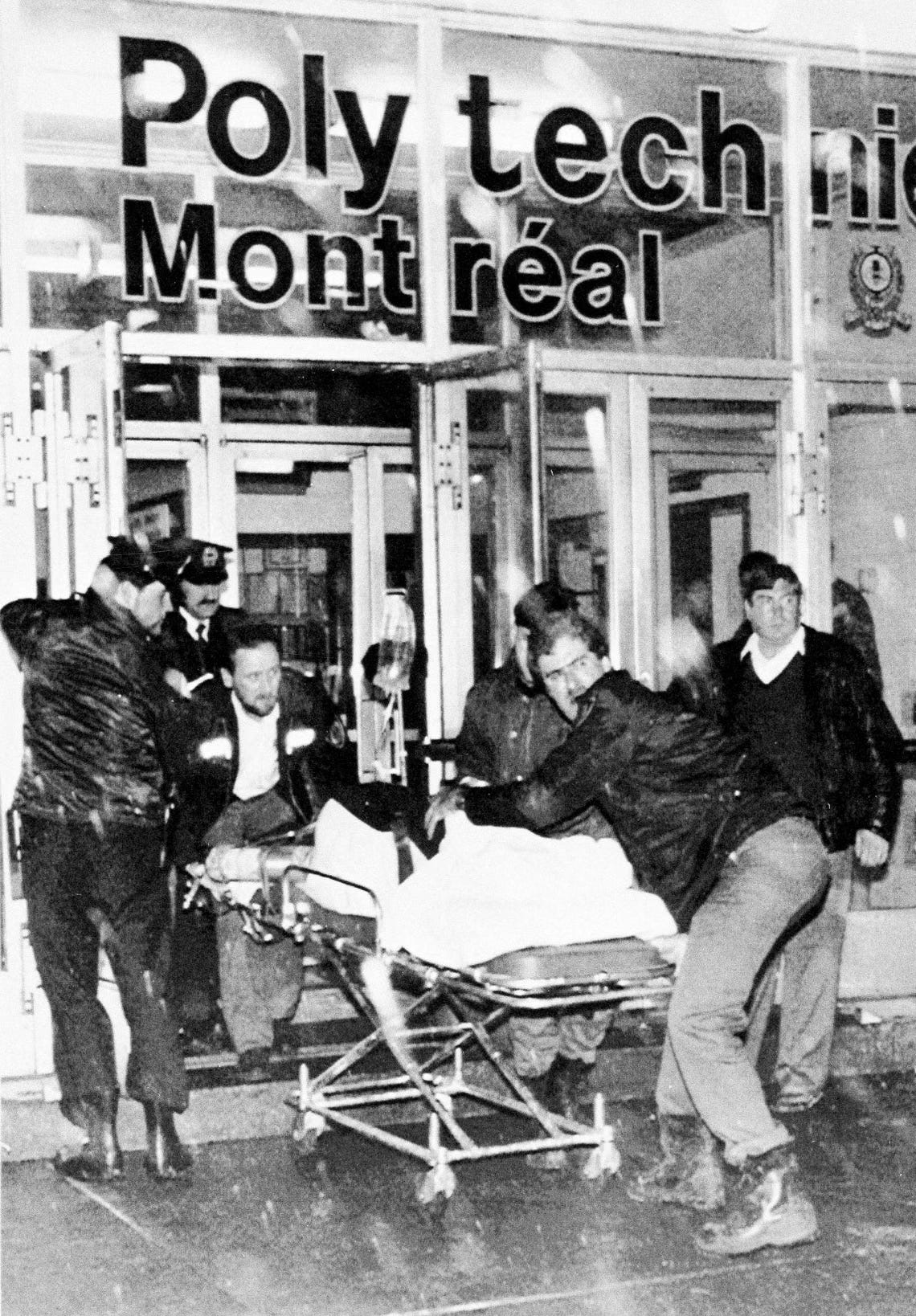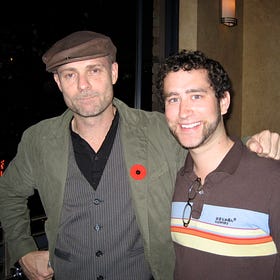Darkness Over Montreal
Obscurité Sur Montréal
Late in the afternoon on 6 December 1989, a young man walked into Montreal’s Polytechnique engineering school with a semi-automatic rifle and killed 14 women, injured 14 others (including four men), then killed himself.
Marc Lépine’s page-long suicide note, written in French, made his motivations clear: “Feminists have always enraged me,” he wrote. “I have decided to send the feminists, who have always ruined my life, to their Maker.”
‘Hate is infectious’: how the 1989 mass shooting of 14 women echoes today, The Guardian, 4 Dec 2019

I was six years old on this dark day in Canadian history. I probably learned about it ten years later in high school. After that, I didn’t think about the École Polytechnique for decades until I was reminded in 2021. The Tragically Hip, Canada’s rock ‘n’ roll laureates, published a live version of a previously unreleased track, “Montreal”, in the 30th anniversary deluxe reissue of their 1991 album, Road Apples. Just over a year ago, I wrote about The Hip’s music and meeting lead singer Gord Downie:
A Poet After Dark
I’ve been thinking a lot about the power of telling stories through songs (which I wrote about, in praise of Colin Meloy, last time). Probably the songwriter I’ve admired the longest is Gord Downie, the late poet and singer of The Tragically Hip. Downie was a more abstract storyteller than Meloy is, but both of their writings infuse history with poetry,…
“Montreal” contains a spoken intro from Downie, explaining the song is “about the identification process.” I assume he’s referring to the victims’ families identifying each of the 14 daughters, sisters, wives, and girlfriends. In the song’s verses, Downie sings snippets of imagined biographies of the women brutally murdered by Marc Lepine, starting with:
“She used to like lavender pantsuits
long black velvet gloves
smiles across crowded rooms
to the only boy she ever loved”
It’s chilling and sad. A poetic and strange collective eulogy. The singer turns sardonic by the end; as the band fades out, Downie mumbles, “It’s a bad day for the feminists.” Indeed.
The Guardian describes the Montreal massacre and then draws parallels to more recent acts of antifeminist hatred. The article’s conclusions are depressingly accurate: misogyny is infectious, spread more rapidly now than ever because of the internet, and male-perpetuated violence against women is still a raging epidemic.
I was in Montreal earlier this year, and it’s a vibrant city – rightfully considered Canada’s cultural capital. I made a playlist of local artists and listened while I roamed the streets. I was compelled to include “Montreal” even though The Hip are Ontarians, not Quebecers. Mulling over the origin and power of the song led me to research the 1989 tragedy at Ecole Polytechnique, and write about it here. Upon returning to London, I drastically changed the playlist to be reflective of that subject and mood.
Montreal’s most famous songwriter and poet, Leonard Cohen, has the last word on my playlist. Whilst I vehemently reject all Abrahamic religions for their inherent misogyny — a longer topic for another day — Cohen’s invocation of the Torah in “You Want It Darker” is beautiful and intense, to say the least. (Cohen died two weeks after the release of the album.)
82-year-old Leonard Cohen had the opportunity to accept his end, even going as far as writing and recording it on an album. The 14 young women studying engineering at Ecole Polytechnique in 1989 did not have a choice.
Monuments and memorials have their place, but I would argue that The Tragically Hip’s “Montreal” revived the story of those 14 murdered women in the Canadian consciousness when the song was released in 2021. Art transcends decades and continents to keep memories and stories alive. Hopefully, art also teaches us to neither forget nor repeat the injustices of the past. Hopefully.



